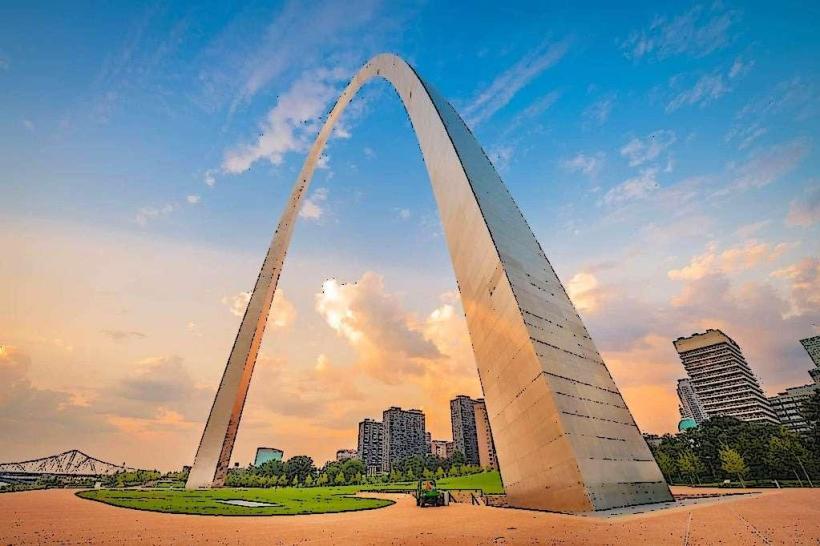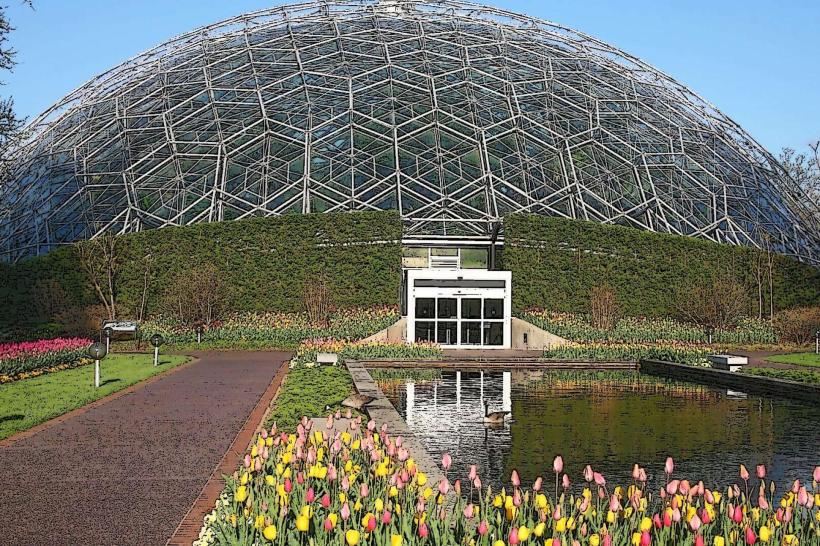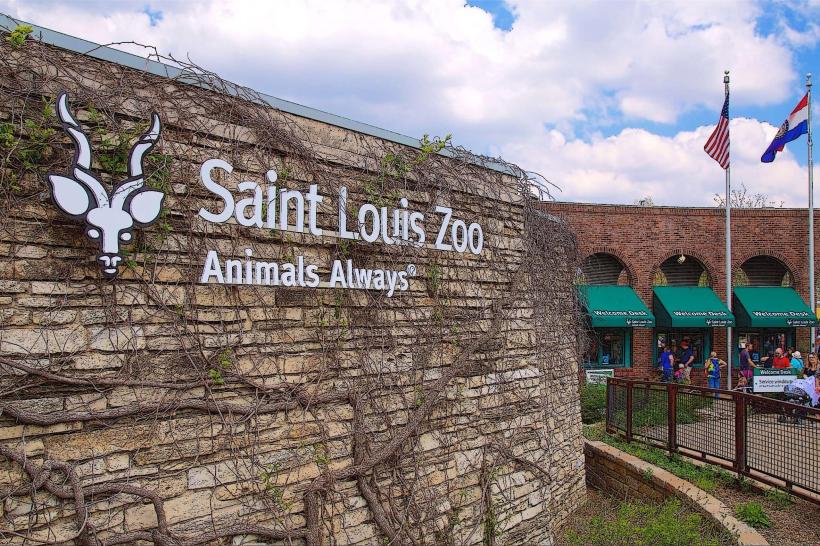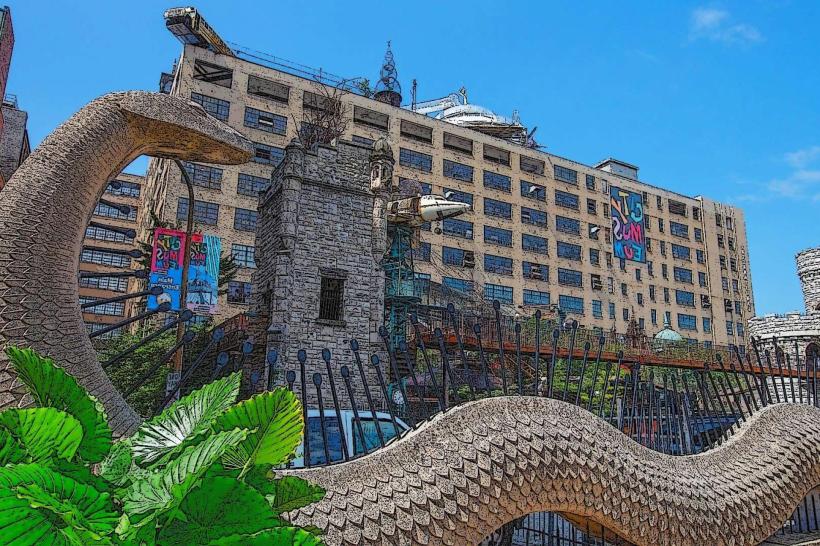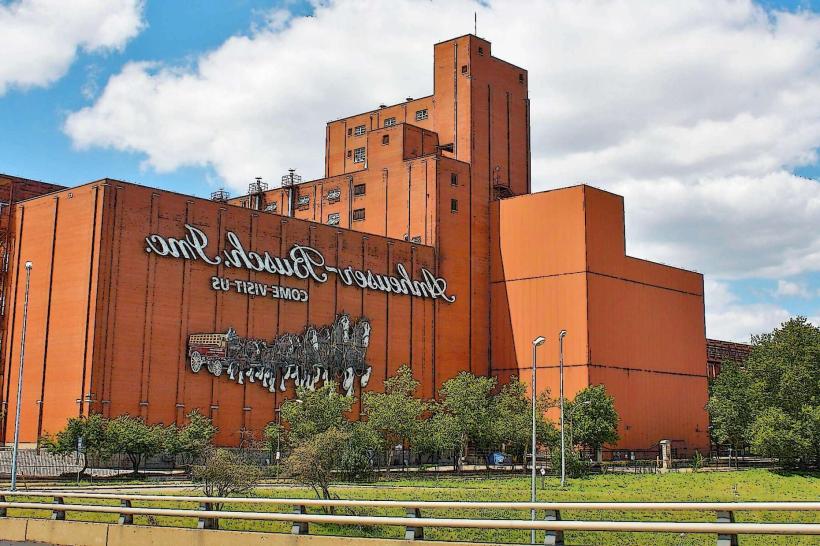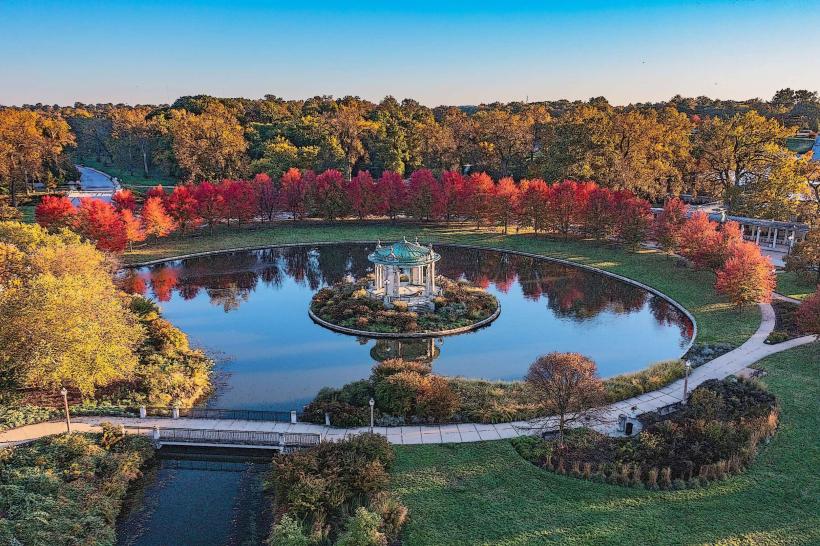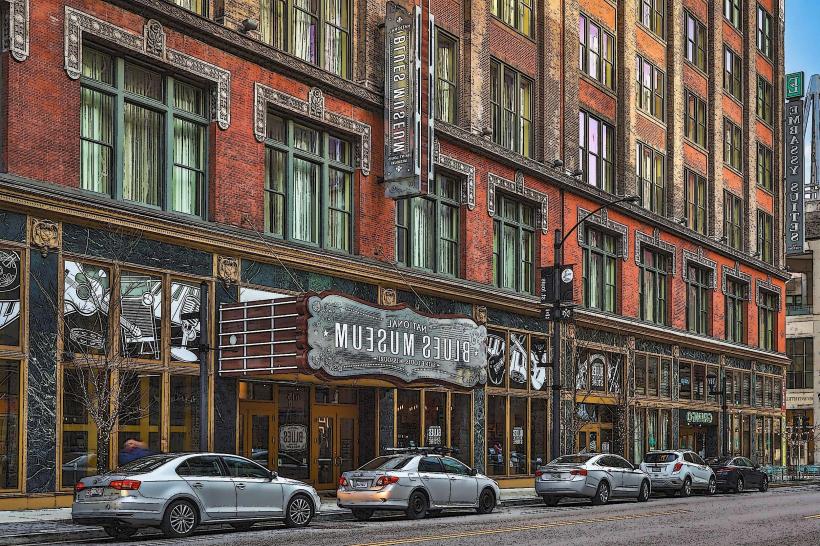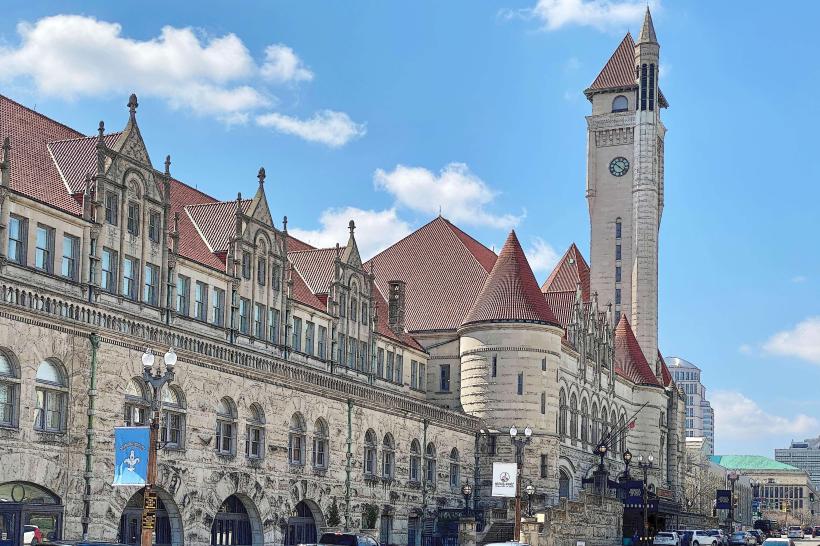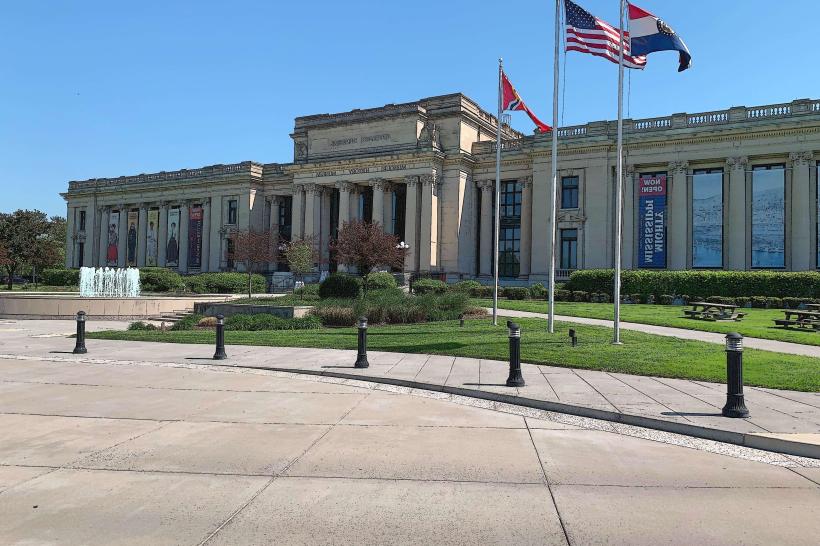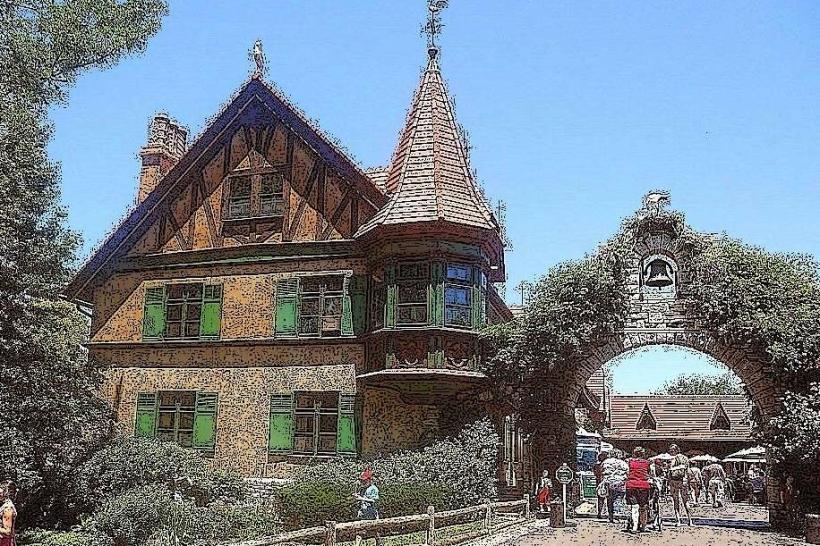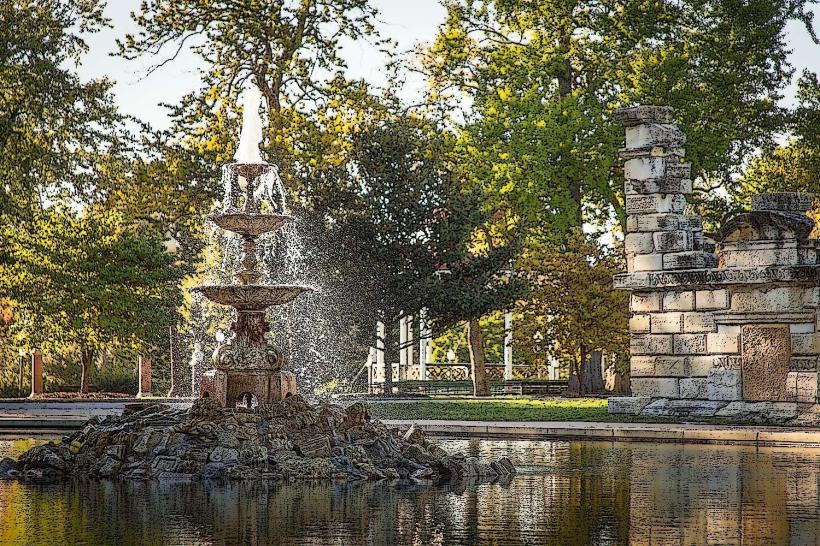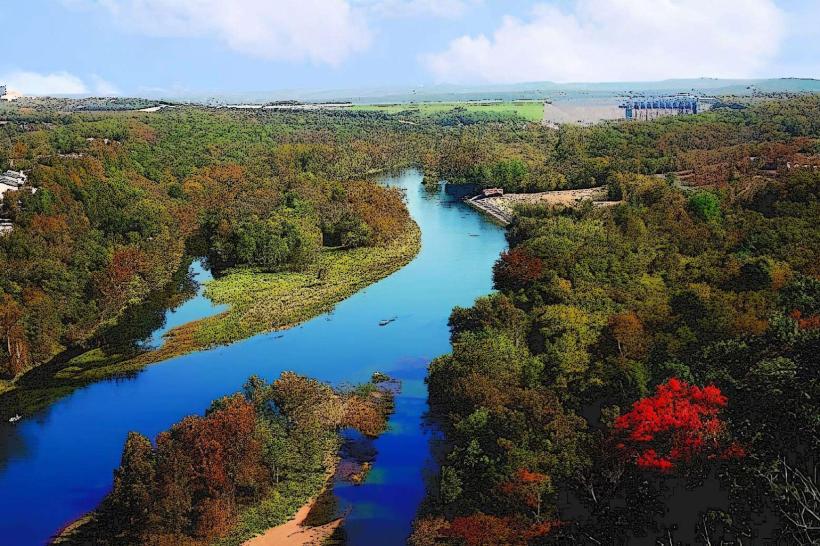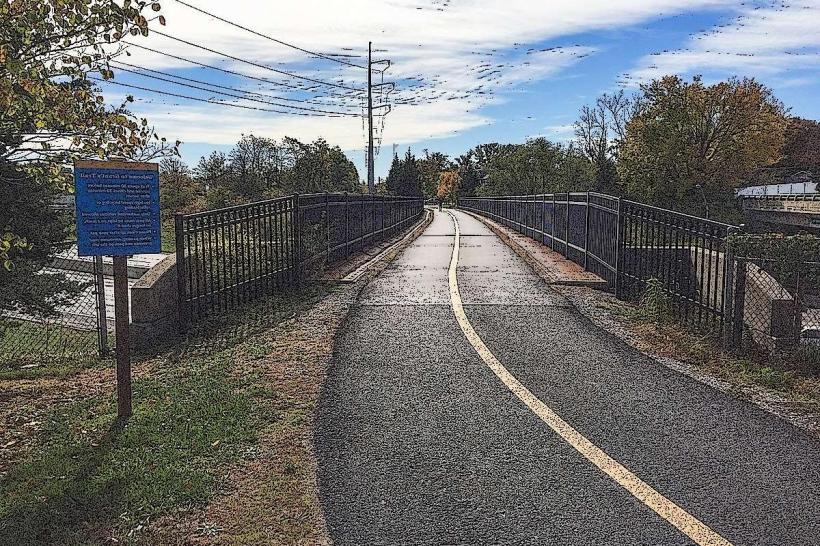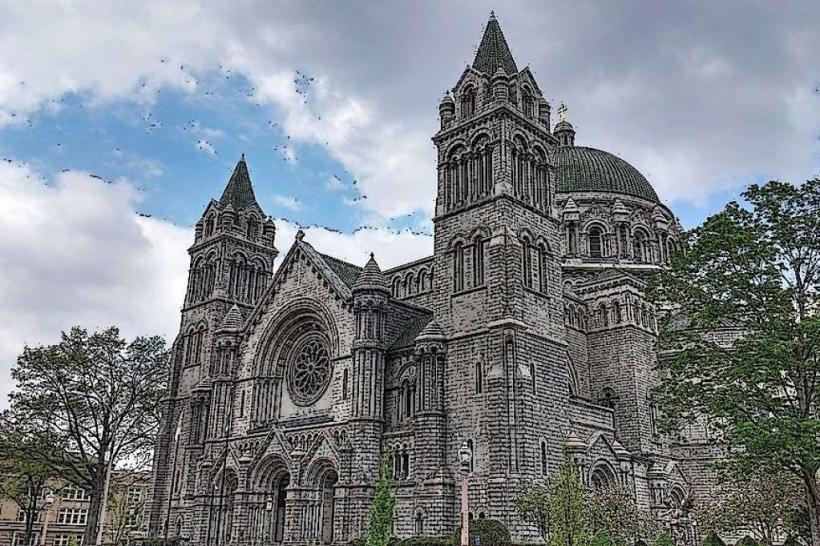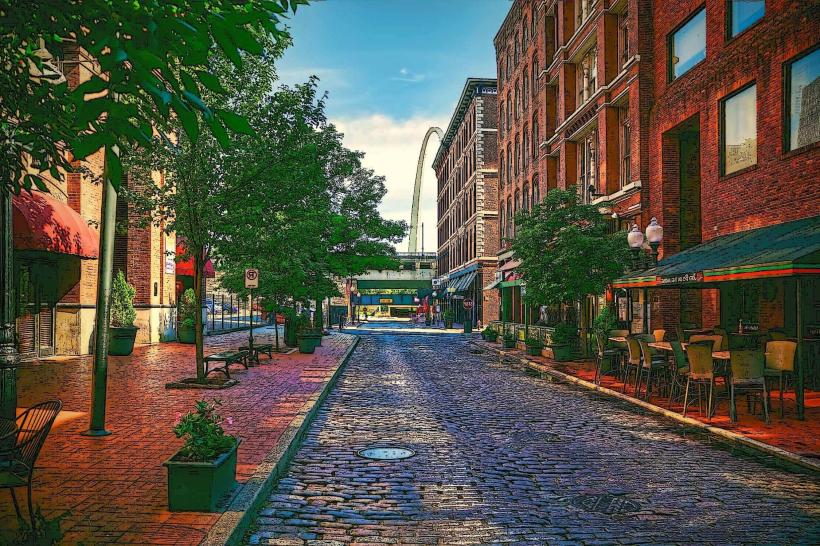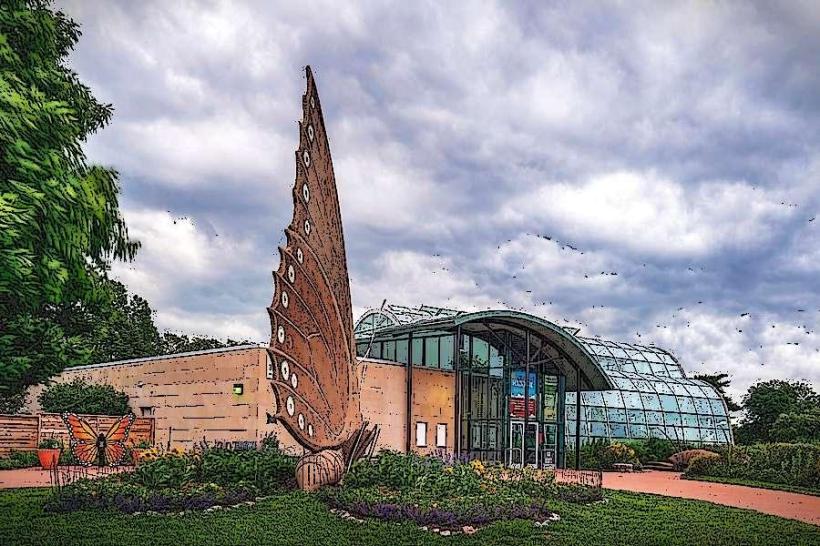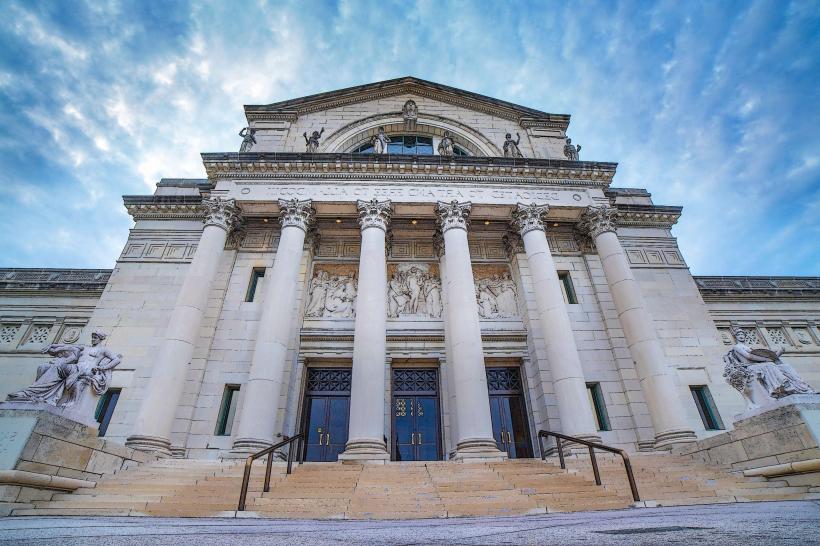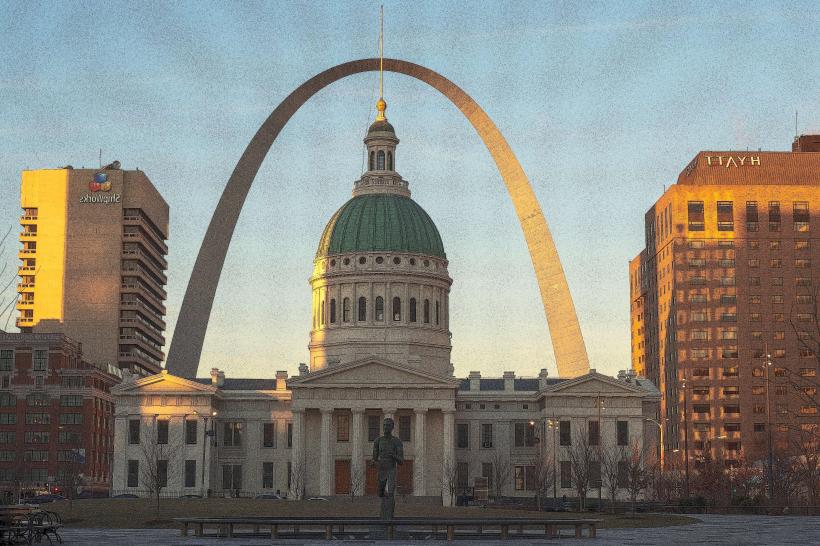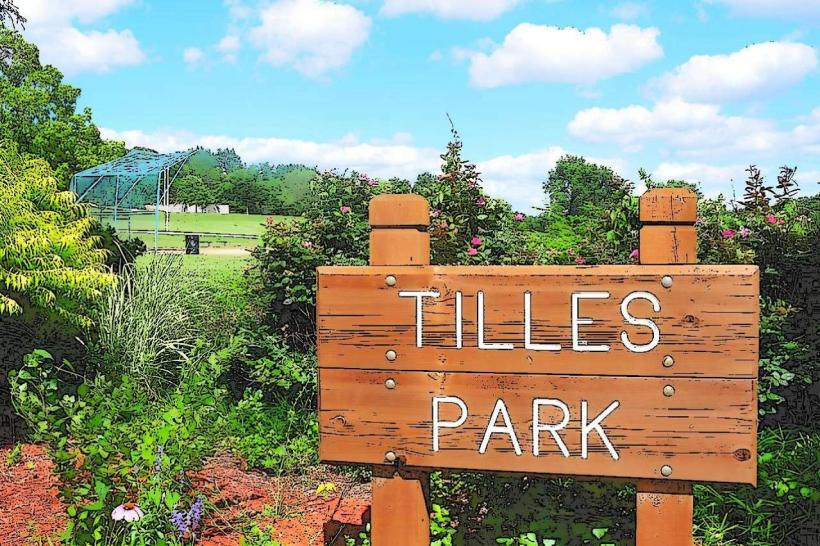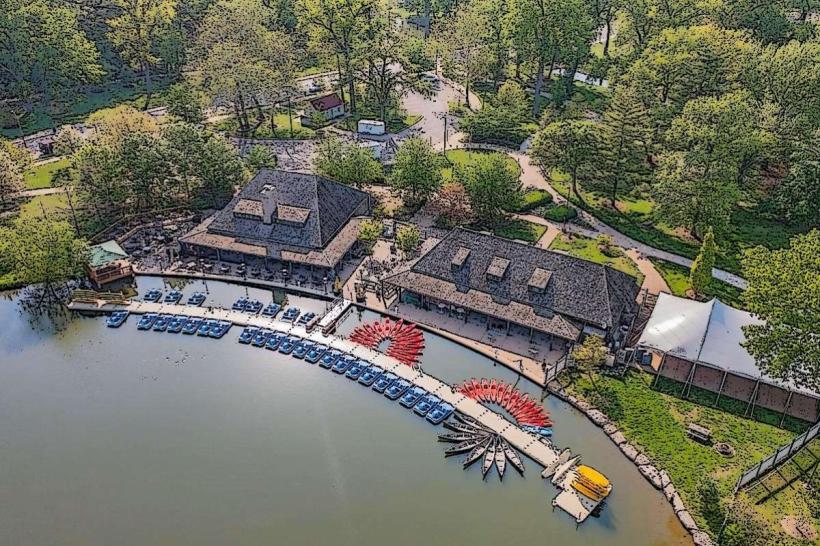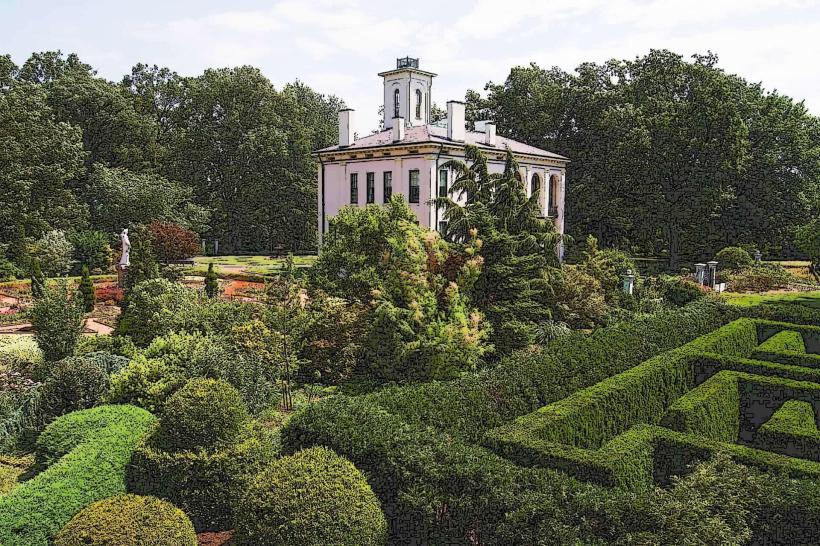Information
Landmark: Kirkwood Historic DistrictCity: St Louis
Country: USA Missouri
Continent: North America
Kirkwood Historic District, St Louis, USA Missouri, North America
The Kirkwood Historic District, located in Kirkwood, Missouri, is a distinguished area that embodies the city’s deep historical roots, architectural diversity, and strong community identity. Established as the first planned suburb west of the Mississippi River, Kirkwood’s historic district offers a rich narrative that spans from the mid-19th century through the 20th century, showcasing its evolution as a transportation hub, residential community, and cultural center.
Historical Significance
Kirkwood was founded in 1853 as a railroad suburb, strategically positioned along the Pacific Railroad (later the Missouri Pacific Railroad). Its establishment was part of a broader wave of suburban development in the United States, designed to provide an alternative to the crowded urban centers while maintaining easy access to city amenities. Kirkwood’s early growth was fueled by the railroad, which facilitated commerce, travel, and communication.
The district reflects this heritage with numerous structures linked to the railroad era, including depots and commercial buildings that served both passengers and freight. The neighborhood evolved with the prosperity brought by rail connectivity and became a desirable residential area for St. Louis professionals and families seeking a suburban lifestyle.
Architectural Styles and Landmarks
The Kirkwood Historic District is noted for its remarkable architectural variety, which captures different periods of American design:
Richardsonian Romanesque:
This style is prominently represented by the Kirkwood Missouri Pacific Depot, constructed in 1893. Characterized by its heavy, rough-cut stonework, rounded arches, and massive, fortress-like presence, the depot is a centerpiece of the district. It exemplifies the Romanesque revival popular in public buildings of the late 19th century.
Greek Revival:
Among the district’s oldest structures, Mudd’s Grove (built in 1859) stands as a fine example of Greek Revival architecture. This mansion features classic elements such as symmetrical façades, tall columns, and pediments, reflecting the influence of ancient Greek temples on early American domestic architecture. Today, Mudd’s Grove operates as the home of the Kirkwood Historical Society and serves as a museum preserving local history.
Italianate:
The David Keith House, dating to around 1855, showcases Italianate style with its decorative brackets under wide eaves, tall narrow windows, and low-pitched roof. As one of Kirkwood’s earliest homes, it contributes significantly to the district’s historical narrative.
Mid-Century Modern:
Reflecting later developments, the Craig Woods Subdivision exemplifies mid-20th-century residential architecture. Recognized as a local historic district since 2011, it features clean lines, large windows, and integration with the natural environment, highlighting Kirkwood’s continued growth and adaptation.
Community and Cultural Attractions
The district serves as a vibrant community hub that blends historical preservation with active cultural life:
Kirkwood Farmers' Market:
Operating since 1976, the market is a cornerstone of the community, offering fresh local produce, artisanal goods, and seasonal events. It functions as a social gathering point and supports local agriculture and craftspeople.
The Magic House:
A nationally acclaimed children’s museum located within Kirkwood, attracting hundreds of thousands of visitors annually. It provides interactive educational exhibits and family programming, further enriching the cultural landscape of the district.
Greentree Festival:
This annual September event celebrates Kirkwood’s heritage and community spirit through arts and crafts, cultural foods, live entertainment, and family activities. It draws residents and visitors alike, strengthening neighborhood bonds and showcasing local talent.
Preservation and Urban Planning
Kirkwood’s historic district benefits from deliberate preservation efforts aimed at maintaining architectural integrity and community character. Local guidelines encourage the retention of original building materials, such as brick, stone, and woodwork, and protect significant architectural details from unsympathetic alteration.
Zoning and design review processes ensure that new construction and renovations harmonize with the historic fabric, balancing growth with respect for tradition. These efforts have helped Kirkwood preserve its unique charm while supporting modern living needs.
Significance Today
The Kirkwood Historic District stands as a living testament to suburban development in the American Midwest. It offers an authentic experience of historical architecture and community life that has been carefully maintained through dedicated preservation.
For residents and visitors, the district provides a connection to the past through its buildings, public spaces, and cultural activities, all while functioning as a dynamic and thriving neighborhood. The integration of historic landmarks with contemporary amenities makes Kirkwood Historic District an exemplary model of heritage conservation coupled with vibrant community engagement.

